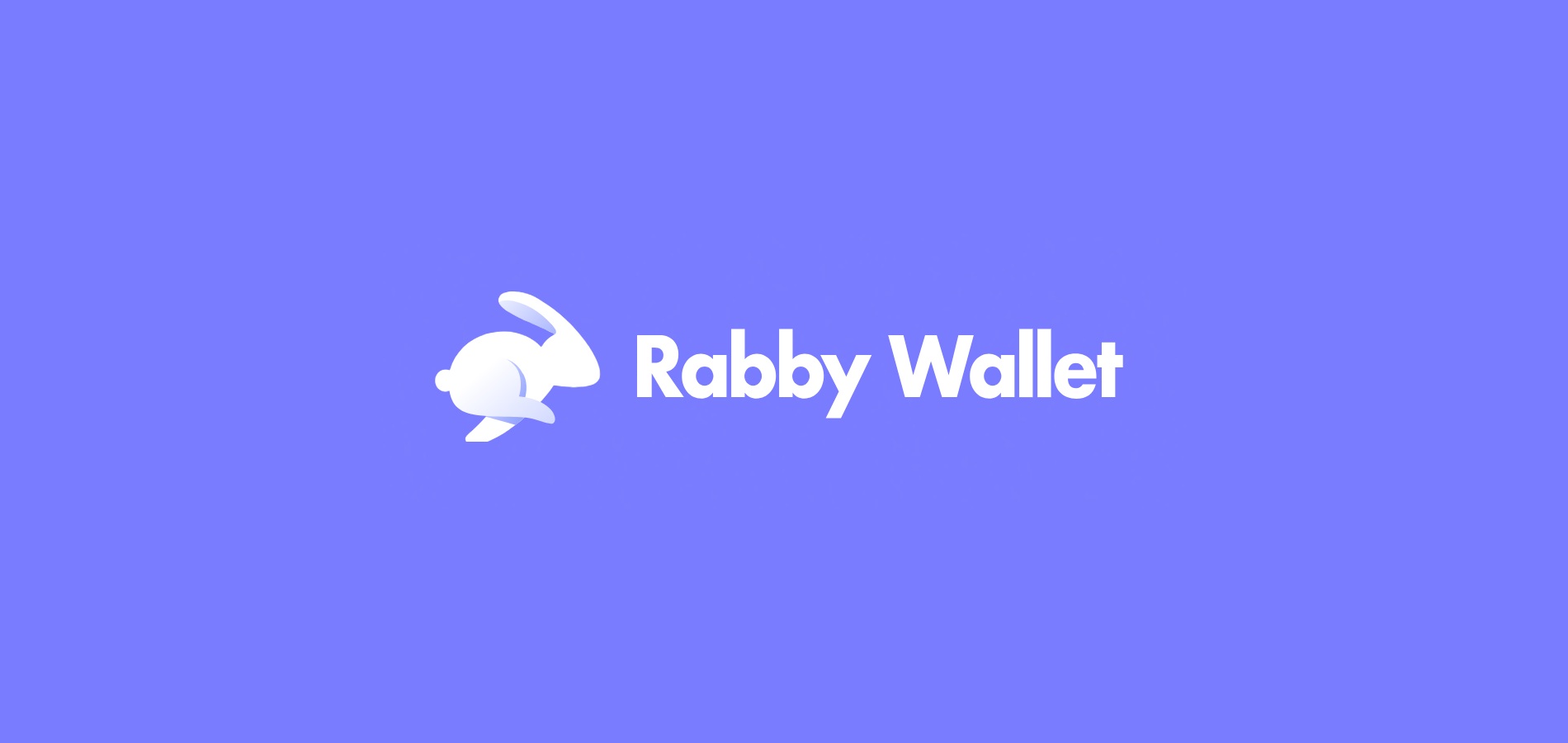So, picture this: you’re diving into DeFi, trading, staking, or just poking around smart contracts—and bam! Something felt off about how your transactions were slipping through your fingers. Really? Yeah, that kind of gut punch is all too common. Security in DeFi isn’t just about locking down your keys anymore; it’s about how you interact with complex smart contracts and how you shield yourself from sneaky MEV (Miner Extractable Value) snipers lurking in the blockchain shadows.
Whoa! The more I dug into this, the more I realized: your wallet isn’t just a vault. It’s your front line. And not every wallet is made equal when it comes to smart contract interaction and MEV defense. Here’s the thing—DeFi users often overlook how their choice of wallet directly impacts their security and transaction integrity.
Initially, I thought a standard browser extension wallet was good enough. But then I stumbled upon some glaring issues—transaction sandwich attacks, front-running, and other MEV exploits that could drain your gains before you even blink. So, what’s the solution? A smarter, multi-chain wallet that’s designed not just for convenience but for defense.
Yeah, I’m biased, but the rabby wallet extension caught my eye because it takes this seriously. It offers features that actively protect users from MEV and gives a clearer, safer way to interact with smart contracts across chains. That’s not just hype—it’s a game-changer in this volatile space.
Here’s a kicker: most people don’t realize how vulnerable they are until it’s too late. The complexity of DeFi protocols means your wallet needs to be more than a keyring—it has to be a strategic partner in your crypto journey.
Okay, so check this out—MEV attacks are basically blockchain front-runners exploiting transaction ordering for profit. Imagine someone seeing your buy order and slipping their own order right before yours, making a quick buck off price slippage. That’s a classic sandwich attack, and it’s nasty.
On one hand, you could rely on network-level protections, but actually, those are limited. On the other hand, wallet-level measures like transaction simulation, slippage alerts, and permission granularities can drastically reduce your risk.
And that’s where wallets like Rabby shine. They let you preview contract interactions in detail, flag suspicious approvals, and even block dangerous transactions before they hit the mempool. It’s like having a watchdog for your wallet.
Something else bugs me about this space: many wallets prioritize UX over security, which is kinda backwards if you ask me. Sure, simplicity is great, but if it means exposing users to MEV or sloppy contract interactions, what’s the point? DeFi is complex—your tools should match that complexity, not dumb it down.
By the way, the multi-chain support in Rabby is huge because DeFi isn’t just Ethereum anymore. You’re hopping around BSC, Polygon, Avalanche, and more. Each chain has its quirks and vulnerabilities, so a wallet that adapts and protects seamlessly across them feels like a must.

Smart Contract Interaction: More Than Just Clicking ‘Approve’
Let me be honest—approving smart contracts has always felt like playing Russian roulette. You click “approve” and hope you’re not giving away your tokens or permissions to some shady contract. Initially, I thought it was just a one-time thing, but nope, it’s a constant risk. Approvals can be exploited long after you forget about them.
Actually, wait—let me rephrase that. The risk isn’t just in approving but in how wallets manage and present these approvals. Too often, the user interface hides the nitty-gritty details about allowances, expiration, or the scope of permissions.
Rabby tackles this by breaking down approvals into granular components and letting you revoke or set limits easily. This is very very important because it stops malicious contracts from draining your tokens silently. Plus, it shows potential red flags right upfront.
Hmm… I remember a friend who lost a chunk of tokens because their wallet didn’t warn them about an unlimited approval. If only they’d had something like Rabby, that situation might have been avoided.
But here’s a thought—there’s no silver bullet. Even the best wallet can’t protect you if you blindly approve everything. Education is key, but a wallet that empowers you with clear info and actionable controls makes all the difference.
MEV Protection: Why It Matters More Than Ever
MEV is like the wild west of crypto trading—somebody’s always hunting for ways to front-run or sandwich your transactions. And honestly? It’s exhausting trying to keep up.
One hand, MEV extraction is a natural byproduct of how blockchains work. On the other, it feels like a rigged game where whales and bots get the upper hand while regular users get squeezed.
Rabby’s approach to MEV protection includes transaction delay options, gas price optimization, and mempool encryption techniques. I’m not 100% sure how all of it works under the hood, but from a user standpoint, it means fewer nasty surprises.
More than that, Rabby integrates real-time alerts for potential MEV risks. That’s something I haven’t seen in many other wallets, which means you can pull the plug on a risky transaction before it’s too late.
Seriously? Yeah, it feels like having a bodyguard for your trades, especially when you’re dealing with volatile tokens or large amounts.
Oh, and by the way, Rabby’s open-source nature adds a layer of trust. You can peek under the hood or rely on community audits, which matters in a space riddled with scams and rug pulls.
Wrapping My Head Around the Multi-Chain Reality
I used to think sticking to one blockchain was simpler. But the DeFi world doesn’t work that way. You hop chains for better yields, different protocols, or cheaper gas fees. This juggling act makes wallet security even trickier.
Multi-chain wallets often compromise on UX or security to cover many bases. But Rabby seems to strike a balance, offering tailored security features per chain. That’s pretty slick, because the attack vectors differ from Ethereum to Polygon or BSC.
Sure, there might be rough edges—some chains have unique quirks that no wallet can fully solve—but having a tool that adapts rather than forces you into a one-size-fits-all mold is refreshing.
Honestly, the future of DeFi wallet security hinges on this kind of flexibility combined with proactive protection.
Something tells me we’re just scratching the surface here.
Common Questions About DeFi Wallet Security and MEV
What makes Rabby different from other browser wallets?
Rabby focuses heavily on detailed smart contract interaction transparency and active MEV protection, which many standard wallets don’t prioritize. It offers granular permission controls, multi-chain support, and real-time transaction risk alerts, making it a safer option for serious DeFi users.
How does MEV impact everyday DeFi users?
MEV can cause you to get front-run, sandwich attacked, or have your transactions reordered, leading to worse prices and unexpected losses. Protecting yourself requires tools that can detect and mitigate these risks before you confirm transactions.
Is it enough to just use a secure wallet to stay safe?
Nope, wallet security is one piece of the puzzle. Users must also practice cautious contract approvals, stay informed about potential scams, and understand the risks of the protocols they engage with. But a wallet like Rabby definitely reduces your attack surface.
